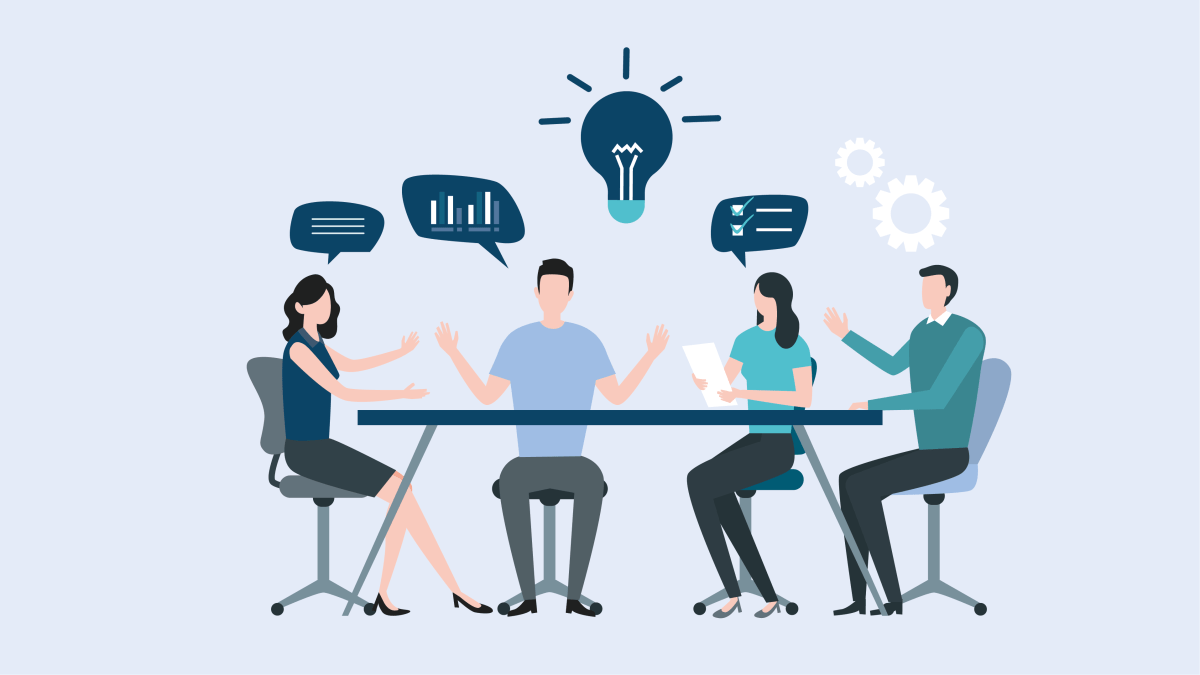"Young people on Facebook don't talk about disease"

© bonezboyz - stock.adobe.com
The topic of health concerns virtually everyone and common messages from the field of health research are of interest to many different groups – or at least they should be. Knowledge about your own disease, the best treatment options, or health-promoting behavior have a direct impact on people's health development. In a session held within the scope of this year's Science Communication Forum in Karlsruhe on November 13, 2013, it became evident how important it is to know the preferences of the relevant target group and develop appropriate communication formats based on them. The session was initiated by the TMF science communication working group and developed and organized under the auspices of Dr. Silke Argo (NGFN).

© TMF e.V.
"Only target-oriented, good-quality information helps the chronically sick to behave correctly – helps patients to convalesce and healthy individuals to prevent disease arising," said Monika Landgraf, press chief at the Karlsruhe Institute of Technology KIT, who moderated the event entitled "Health Research Has Many Target Groups – the Format Is Crucial". However, Wiebke Lesch, the spokesperson of the working group, reported from her own experience: "As a communicator you should not have any illusions about believing you know the target group." She said it was highly advisable to test the common messages and formats in the target group, or even to develop them in collaboration with it.
Download of Presentations [in German]
| Anhang | Size |
|---|---|
| Dr. Silke Argo (NGFN): GENial einfach! – Genomforschung für Schüler | 4.18 MB |
Further Information


